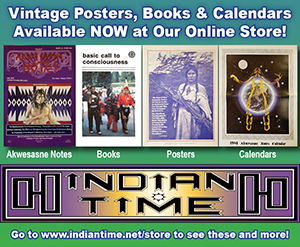Discovered in North Carolina: A Native American Canoe That Spent Nearly a Millennium in a Lake
A Waccamaw Indian dug-out canoe, dating back 1,000 years, was retrieved from Lake Waccamaw near Wilmington on Wednesday, after it was found by three teens who were enjoying their day outdoors.
Michael Jacobs, the Waccamaw Siouan tribe’s chief, mentioned the rarity of discovering historical artifacts like this canoe, which symbolizes nearly a millennium of Native American culture in southeastern North Carolina.
In an interview with WECT, Chief Jacobs said, “That canoe at 28 feet long would have carried many a brave. We feel like in our heart, it’s a history that we’re still exploring and understanding because this is the first time we’ve had access.”
Eli Hill, one of the teenagers who accidentally discovered the canoe while swimming in the lake during the summer of 2021, shared his experience. “We were throwing mussels at each other and I stepped on it and I thought it was a log. I tried to pick it open and never came up. So, we kept digging at it and it just kept going. And then the next day, we came back and we started digging some more and it just kept going,” Hill said.
John Mintz, a state archaeologist, explained that Hill’s find led to an extensive removal process, but the outcome was well worth the effort. “This canoe is about 1000 years old, and it’s a Southeastern Indian canoe, and it’s originated from this area. So, we wanted the local Indian group to be part of it and share with the agency of it,” Mintz said.
The ancient canoe will be transported to a lab in Greenville for preservation, study, and unveiling of its secrets. Chief Jacobs expressed his excitement, stating, “We’re looking forward to examining it, running some tests on it, really finding out and going back to our elders and getting the history of it to where we can teach the truth to our people and know that we’ve got concrete evidence to stand on.”
Hill and his friends acknowledge the significance of their discovery and its importance to native people. “I realize that it means more to them than it does to me. So, I just thought it was a really cool experience for all of them just to be a part of that,” he said.





Reader Comments(0)